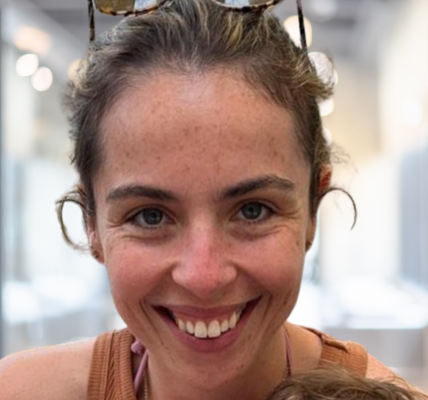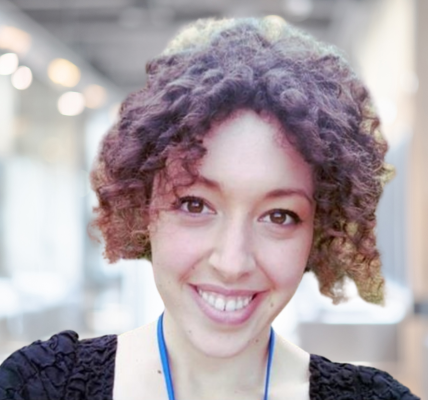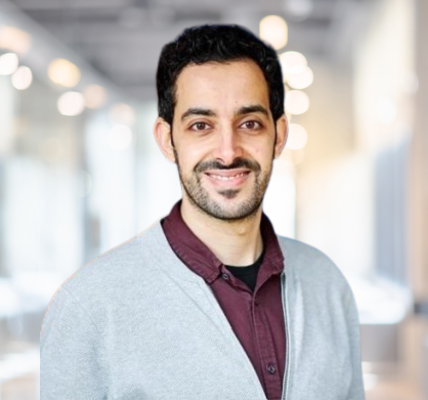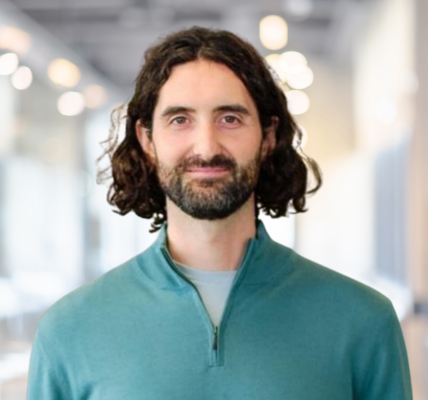
>> Date & Time:
Tuesday, 29th October 2024
1:00 PM - 5:00 PM
>> Location:
The Francis Crick Institute
1 Midland Rd,
London
NW1 1AT
>> About this event:
Axion BioSystems is delighted to invite you to the UK Maestro MEA User Meeting. Bringing together scientists across academia and industry in the field of neuroscience, to share knowledge, foster collaborations and showcase innovations. Your presence at this event would be highly valuable to the community and will enrich discussions and insights. Meet your peers to learn how they apply MEA in their research and hear about the latest advancements with the Maestro platform. We look forward to your participation in what promises to be an inspiring and collaborative event.
Please confirm your attendance by registering. Early registration is encouraged as space is limited.
>> Agenda:
Time | Speaker | Abstract Title |
| 12:30 PM | Registration & Complimentary Lunch | |
| 1:15 PM | Zhong Yu, PhD | Welcome & Opening Remarks |
| 1:20 PM | Maddalena Comini, PhD | Characterisation of synaptic transmission in human iPSC-derived sensory neurons |
| 1:45 PM | Eugeni Ryadnov | Using multi-electrode arrays to investigate downstream effects of TDP-43 dysfunction in ALS-FTD |
| 2:10 PM | Elliot Mock, PhD | Modelling Parkinson’s disease with patient-derived dopamine neurons on MEAs |
| 2:35 PM | Will Deacon | Latest technology advancements in MEA applications |
| 2:50 PM | Coffee, Network & Technology showcase | |
| 3:45 PM | Alicia Campbell | MeOmics: Transforming mental health |
| 4:10 PM | Nina Rzechorzek, PhD VetMB DipECVN MRCVS | Circadian rhythms in human neural function |
| 4:35 PM | Calvin Smith, PhD | Precision modulation of neural circuit activity to treat prevalent disorders |
| 5:00 PM | Zhong Yu, PhD | Closing Remarks |
>> Speakers:

Presenter: Alicia Campbell
Position: Cell Biologist/Research Associate, MeOmics
Title: MeOmics: Transforming mental health
Alicia is currently the cell biologist for the spin-out company, MeOmics. MeOmics is focused on transforming mental health, culturing iPSC from schizophrenia patients and differentiating the cells into glutamatergic neurons via a defined protocol to seed onto the Axion MEA system. MeOmics aims to see differences between patients and controls, and to test a range of known and in-development drugs on the cells themselves with the goal to help transfer treatments and our understanding of mental health.

Presenter: Maddalena Comini, PhD
Position: Post Doctoral Researcher, University of Oxford, Nuffield Department of Clinical Neurosciences
Title: Characterisation of synaptic transmission in human iPSC-derived sensory neurons

Presenter: Will Deacon
Position: Senior Account Manager, Axion Biosystems
Title: Latest Advancements from Axion BioSystems

Presenter: Elliot Mock, PhD
Position: Post Doctoral Research Fellow, University of Oxford, Department of Physiology, Anatomy & Genetics
Title: Modelling Parkinson’s disease with patient-derived dopamine neurons on MEAs
Elliot obtained his PhD in Chemical Biology and Drug Discovery from Leiden University in the Netherlands. His research involved the development of novel chemical tools and inhibitors to study the endocannabinoid system in the brain and periphery. He discovered the first brain-active inhibitor for the enzyme NAPE-PLD, which produces the endocannabinoid anandamide, that can modulate stress and fear memory. His PhD work inspired Elliot to change disciplines and study the molecular mechanisms of neurological disease. He moved to the lab of Professor Richard Wade-Martins at the University of Oxford as a Dutch Research Council (NWO) Rubicon fellow to study the connection between alpha-synuclein, mitochondrial and neuronal dysfunction in Parkinson’s disease (PD) using induced pluripotent stem cell (iPSC)-derived dopaminergic neurons from PD patients and applying these on multi-electrode arrays. Elliot is currently working as an Oxford-Janssen Fellow where he will investigate resilience in Alzheimer’s disease using iPSC-derived cortical neurons from patients from the Deep and Frequent Phenotyping (DFP) study.

Presenter: Eugeni Ryadnov
Position: University College London, Institute of Neuromuscular Disease
Title: Using multi-electrode arrays to investigate downstream effects of TDP-43 dysfunction in ALS-FTD
In recent years, Eugeni has been working with Pietro Fratta to characterize the aberrant splicing that occurs in the disease process of ALS/FTD. A large portion of their research is focused on investigating cryptic splicing in the UNC13A gene following loss of TDP-43, a hallmark of ALS-FTD. They are also interested in the functional effects of UNC13A loss in the context of TDP-43 knockdown, and is currently investigating how neuronal synchrony is affected when these two proteins are lost as well as the extent of their importance to ALS-FTD pathogenesis.

Presenter: Nina Rzechorzek, PhD VetMB DipECVN MRCVS
Position: MRC Clinician Scientist and AstraZeneca-MRC Industry Fellow, MRC Laboratory of Molecular Biology
Title: Circadian rhythms in human neural function

Presenter: Calvin Smith, PhD
Position: Head of Chemogenetics, Sania Therapeutics
Title: Precision modulation of neural circuit activity to treat prevalent disorders

Presenter: Zhong Yu, PhD
Position: Senior Business Development Manager, Axion BioSystems
Title: Opening and Closing Remarks